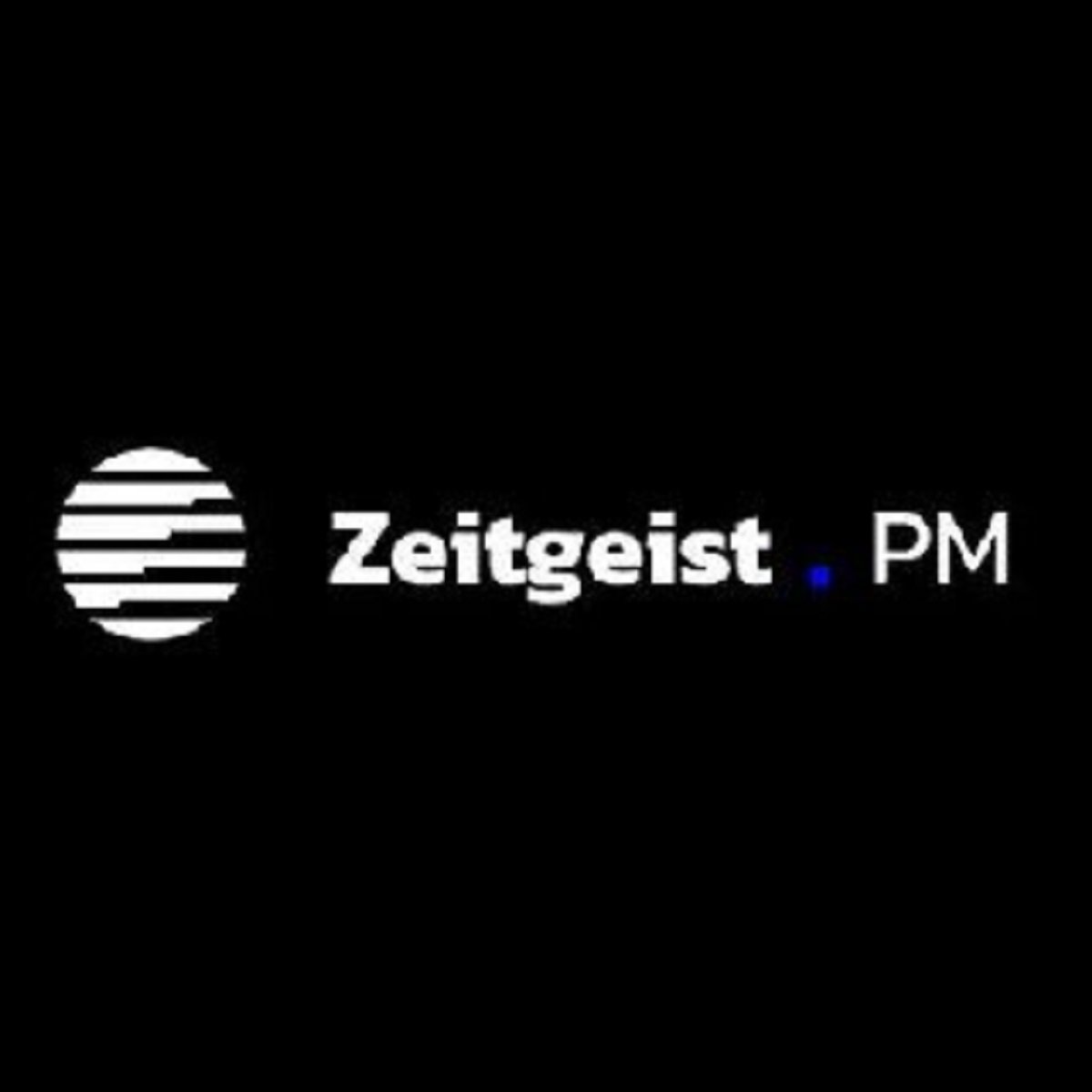
Layer-1 prediction markets protocol Zeitgeist has announced the launch of a new decentralized court system, designed to revolutionize the way disputes are resolved.
With the self-regulating court, Zeitgeist hopes to elevate the integrity of its prediction markets. The system has been created to find rational consensus among participants and effectively adjudicate disputes that arise from untruthful reports by the market’s oracle.
With the activation of the court system, any false outcome reported by the oracle can now be effectively contested and resolved by a community of ‘jurors’ operating independently.
A New Era of Dispute Resolution
The core of Zeitgeist’s court system is the game theory concept of the Schelling point, a principle suggesting that individuals naturally gravitate towards a common choice in the absence of direct communication. Thus, participants – jurors – tasked with resolving a dispute vote in secret, with the outcome which garners the majority of votes deemed the winner.
Zeitgeist’s decentralized court operates on a stake-weighted basis, where false submissions are penalized to ensure only true information prevails. The protocol’s existing inflationary token mechanism will be integrated into the court to reward those who contribute to upholding the truth.
Jurors who fail to participate in a dispute they have been selected for, meanwhile, risk having a portion of their “court stake” slashed. This proviso is intended to incentivize all participants to engage honestly in the dispute-resolution process.
While jury participation contributes to the overall health of the ecosystem, it also represents a unique opportunity to engage in a more wholesome form of crypto staking, since both jurors and delegators (who allocate their voting rights to jurors) stand to earn financial rewards for securing the prediction markets Zeitgeist serves.
Registration as a juror or delegator is open to all through the Zeitgeist App, with interested parties able to lock up a certain amount of ZTG tokens as a stake.
Committed to Good Governance
This is not the first time the Polkadot-powered Zeitgeist has embraced decentralized governance. Earlier this year, the dApp joined forces with Polkassembly, a platform that democratizes governance on Substrate-based chains.
The outcome of the alliance was that Polkadot community members could participate in live Zeitgeist prediction markets from within the Polkassembly UI. Specifically, the partnership enabled Polkadot community members to predict the outcome of proposal referenda affecting the ecosystem, with most prediction markets denominated in DOT tokens.
It is hoped that Zeitgeist’s recent integration of the USDC stablecoin will widen its appeal to speculators and traders, since dollar-pegged assets can offer reliability during periods of market volatility.





















